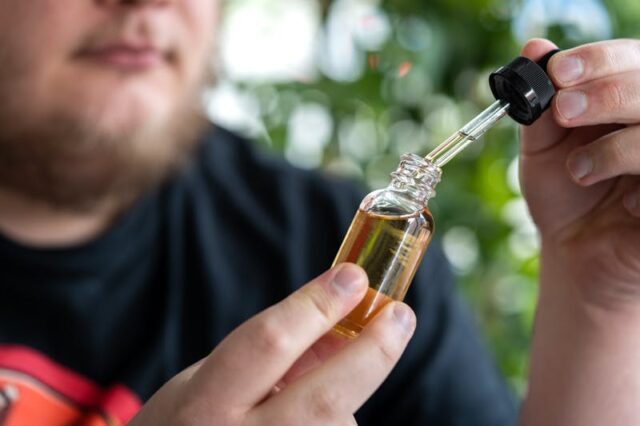As the UK debates the future of vaping, new research from HAYPP highlights the risks of blanket bans on vape products, suggesting they could undo much of the progress made in reducing smoking rates. Instead of helping people quit smoking, a ban – particularly on flavoured or disposable vapes – could push many vapers back to cigarettes, reversing public health gains and driving the growth of a black market for illegal vape sales.
36% of vapers say they would return to smoking if flavoured vapes were prohibited, with this rising to 44% among men. Moreover, 10% of vapers who have never smoked say they would start smoking cigarettes if flavours were banned. A ban on disposable vapes could see 14% of users revert to smoking, and 25% of all vapers indicate they would seek illegal alternatives if their preferred products were no longer available.
Outright bans may not address the root issues. With illegal vapes already circulating, there are fears that further restrictions could expand this unregulated market. There is also growing support for a more focused approach on regulation and harm reduction, aimed at protecting consumers and reducing smoking rates.
With 70% of current vapers having previously smoked, vaping has played a significant role in helping people quit. Data shows that 41% of vapers switched to e-cigarettes specifically to quit smoking, including 63% of women. A ban could seriously undermine these efforts, pushing people back toward more harmful tobacco products.
While underage vaping remains a concern, stricter regulation is seen by many as a more effective response than bans. Currently, 8% of adult vapers started before the legal age of 18, and 45% purchased their first vape illegally. Stronger enforcement of existing laws and harsher penalties for retailers who sell vapes to minors could reduce youth vaping without penalising adults who use vaping as a safer alternative to smoking.
Harm reduction and education are being discussed as possible policy alternatives. Around 24% of people believe vaping helps with smoking cessation, and 21% support subsidising vapes as part of quit-smoking programmes. There are concerns that bans could lead to more dangerous behaviours, such as turning back to cigarettes or purchasing illegal, unregulated products.
A balanced approach is essential in crafting vaping policies. Around 75% of vapers say they would stop if the cost of vaping became higher than smoking, highlighting the delicate balance needed in regulation. Increasing taxes or implementing bans could unintentionally drive people back to smoking, with significant public health consequences.
While vaping presents challenges, the focus remains on harm reduction and education. With smarter regulation, better enforcement on underage sales, and support for vaping as a smoking cessation tool, the UK can continue to move towards a smoke-free future without pushing people back to cigarettes.




